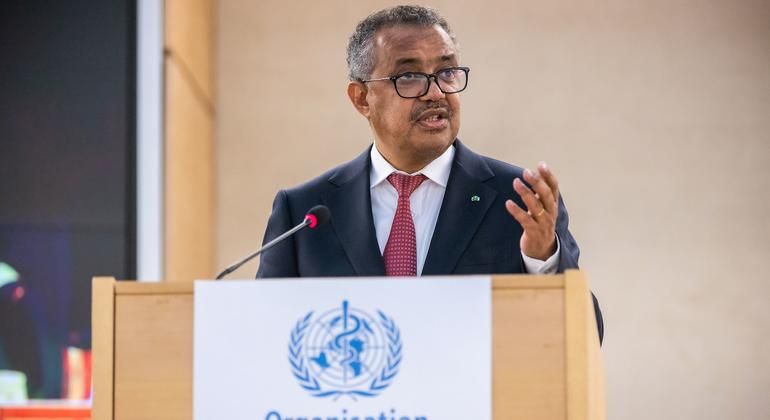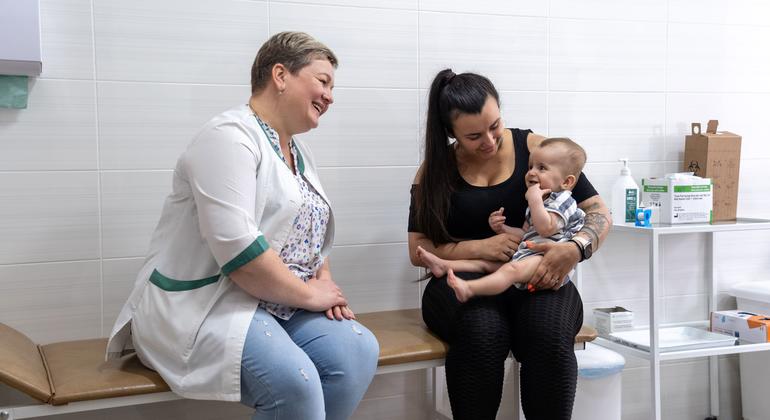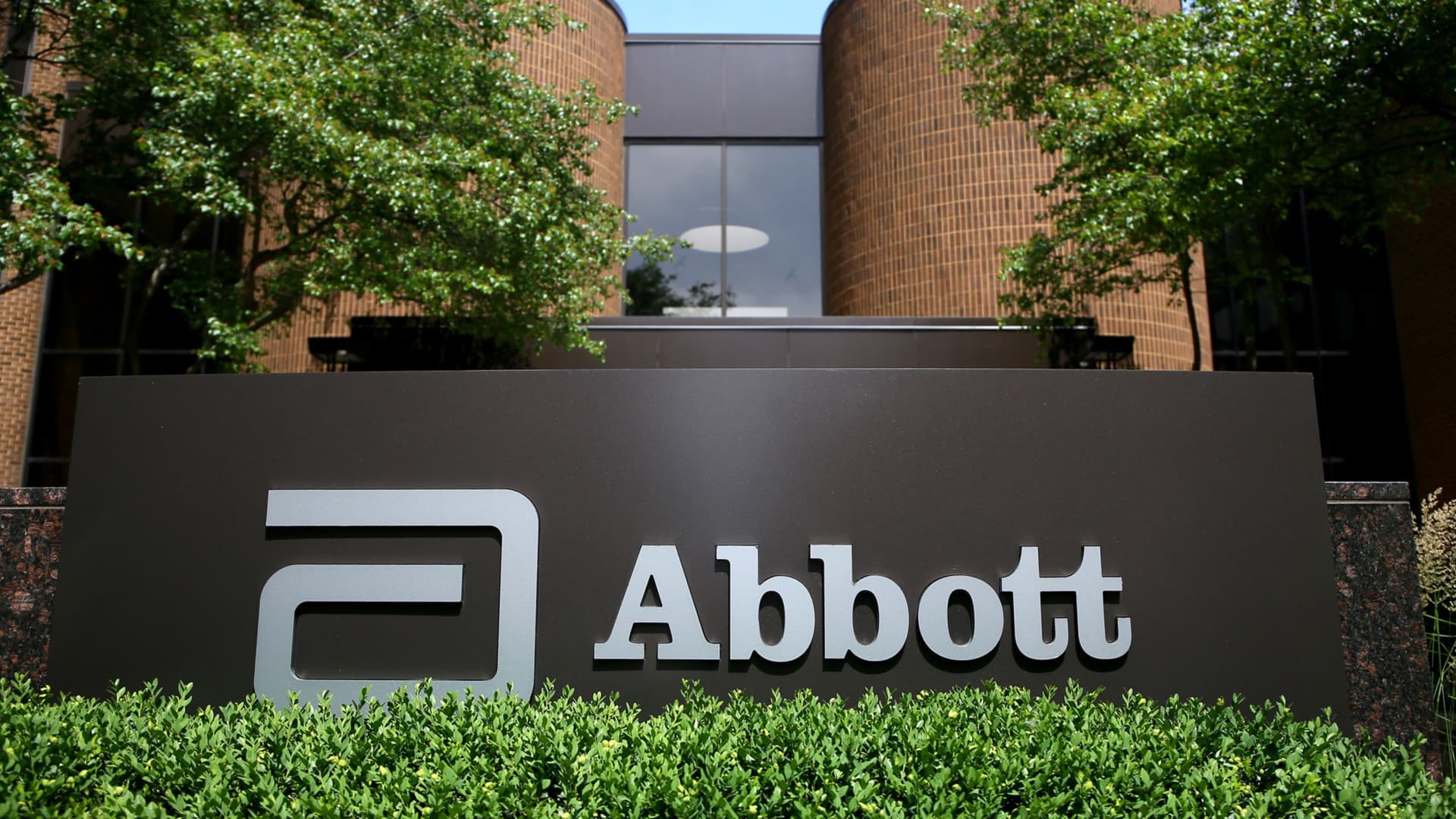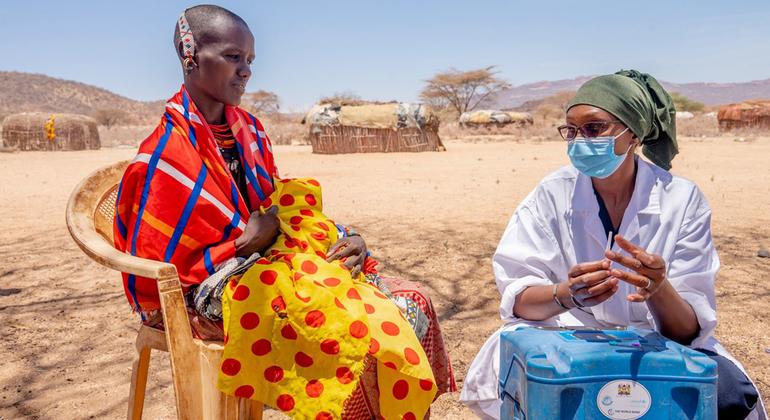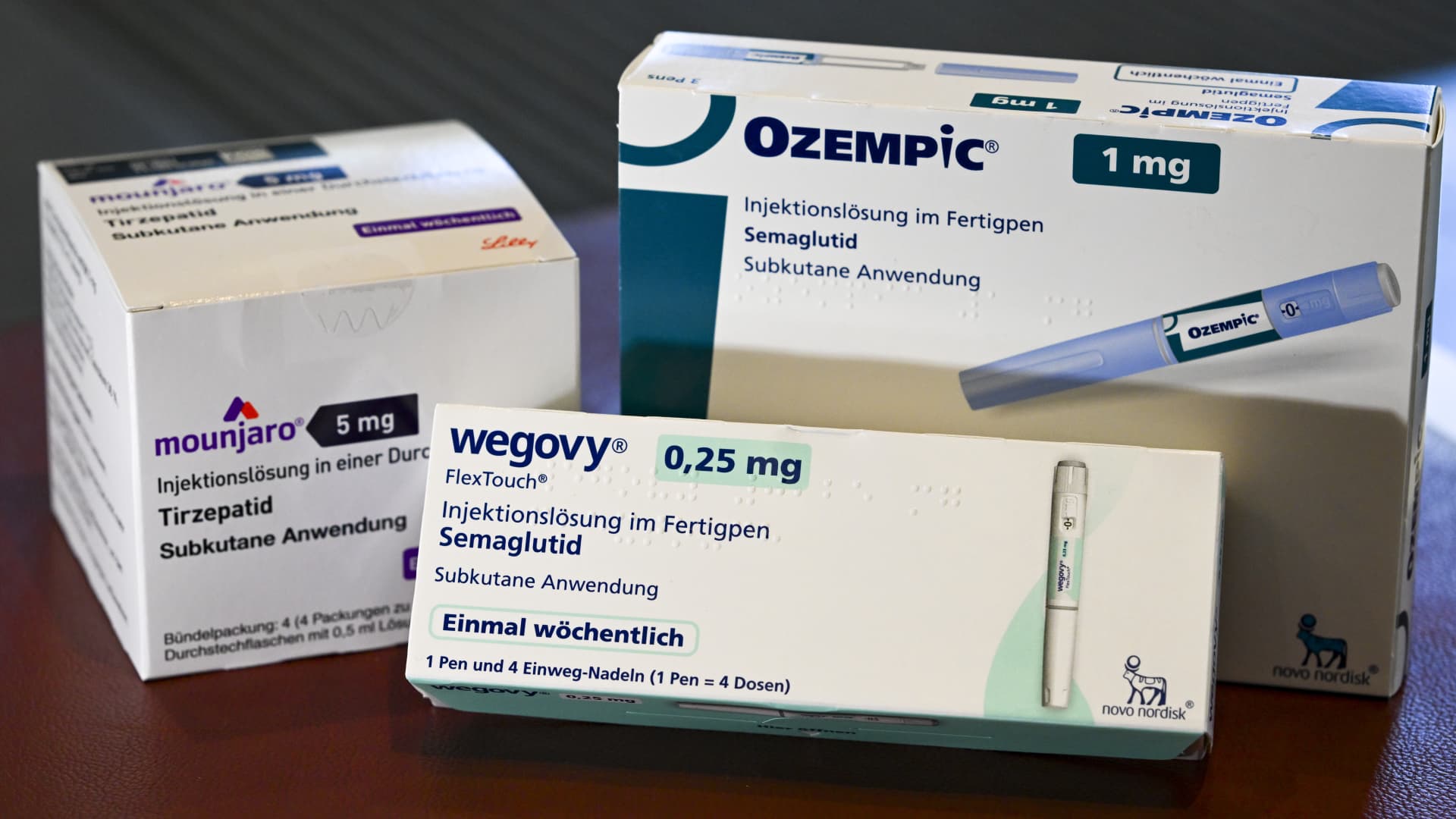“Since reports this morning of a raid on the Kamal Adwan hospital in northern Gaza, we have lost contact with staff there,” WHO chief Tedros Adhanom Ghebreyesus wrote on the X social media platform.
“This development is deeply worrying given the number of patients treated and people sheltered there,” he added.
Northern Gaza has been under an intense military operation in which thousands of civilians are said to be cut off from humanitarian aid and protection, amid a shortage of food and other essentials of life.
Tedros said Kamal Adwan Hospital “has been overwhelmed with nearly 200 patients, a constant flow of horrific trauma cases,” and hundreds of displaced people are also seeking shelter there.
Dr. Rik Peeperkorn, WHO representative for the Occupied Palestinian Territory, called the reports “very worrying.”
medical aid mission
The raid came a day after WHO and its partners managed to reach Kamal Adwan Hospital amid ongoing hostilities in the north.
Dr Peeperkorn was on the “complex mission” that lasted more than 20 hours, he said, speaking from Deir Al-Balah to journalists attending the UN's fortnightly humanitarian briefing in Geneva.
The team transferred 23 patients and 26 caregivers south to Al-Shifa Hospital, located in Gaza City.
They also gave Kamal Adwan 10,000 liters of fuel, 180 units of blood and trauma surgery supplies and alcohol to cover 1,600 interventions.
Al-Shifa also received laboratory supplies, anesthesia, medicines and antibiotics were also delivered to Al-Shifa Hospital to cover the health needs of 6,000 people.
The patients are being transferred between hospitals as part of a two-day mission amid hostilities and access restrictions in Gaza.
Hospital staff 'completely overwhelmed'
Dr. Peeperkorn provided an eyewitness account of what he had seen.
At a checkpoint near Kamal Adwan, there were “thousands of women and children leaving the area, walking, limping, with their few belongings towards Salah al-Din and, indeed, towards Gaza City,” he said.
“We saw very few men or teenagers,” he continued. “We saw men being examined.”
At Kamal Adwan, the team “saw chaos and mayhem,” he said, noting that during their last visit, on Oct. 21 and 22, there were between 75 and 100 patients in the facility.
“Now there were probably over 200 patients. The emergency room was overflowing and we saw numerous patients being brought in… patients with horrible trauma.”
Meanwhile, staff are “completely overwhelmed” and “very ill-equipped to deal with it.”
Dr. Peeperkorn noted that Kamal Adwan is one of two hospitals in the north that the WHO defined as “minimally functional.” He understood that the other facility, Al-Ahli Arab Hospital, is very isolated and barely functioning.
Polio campaign stopped
The WHO official also updated journalists on the massive UN-led anti-polio campaign in Gaza, which was postponed in the north this week.
Children there were to be vaccinated with a second dose of the new oral type 2 polio vaccine, following a first round last month.
He said that to interrupt poliovirus transmission “at least 90 percent of all children in every community and neighborhood must be vaccinated.”
The campaign has already reached some 452,000 children in the center and south, which he called a “great achievement.”
The north is “the last lap”, however, the escalation of violence, intense bombings, displacement orders and the lack of guaranteed humanitarian pauses have forced the campaign to be delayed.
“We want to also cover these 119,000 children in the north, as we did in the first round,” said Dr. Peeperkorn, highlighting the need for “access to all children, wherever they are, to make sure we reach this coverage.” 90 percent.”
He insisted that “we are almost there” and added that “we still have good hopes of being able to carry out this campaign.”
The humanitarian situation deteriorates
Meanwhile, the U.N. aid coordination office, OCHA, said the humanitarian crisis in northern Gaza is rapidly worsening and essential items are extremely scarce.
Furthermore, most attempts to provide critical assistance continue to be denied or prevented, with Israeli authorities once again denying permission for essential food and water supplies to be delivered to Jabalya on that day.
OCHA warned that intense hostilities persist throughout the Gaza Strip, including the south.
During the night, an Israeli raid on several neighborhoods in Khan Younis left dozens dead and many more injured, including many women and children.
During the operation, families sought safety at An Nasser hospital, a UN-run school and in the Al Mawasi area, and most returned home after Israeli forces withdrew.
“Reports indicate widespread damage to homes, leaving people in urgent need of tents, tarps to cover damaged shelters, hot food and clean water,” the agency said.
As for the West Bank, OCHA reported that this month alone, more than 100 incidents involving Israeli settlers have resulted in Palestinian casualties and property damage.
In total, there were some 180 settler-related incidents in nearly 90 Palestinian communities, with more than half taking place during the olive harvest season.

